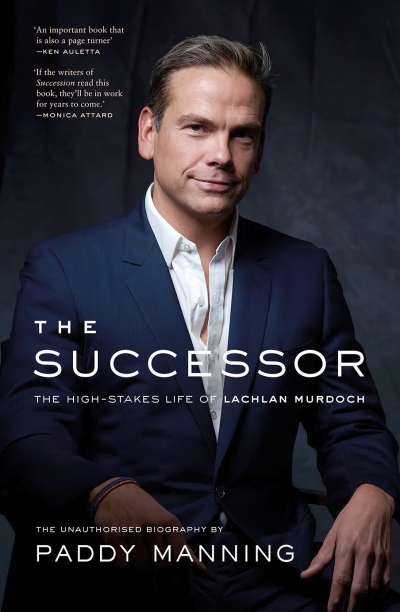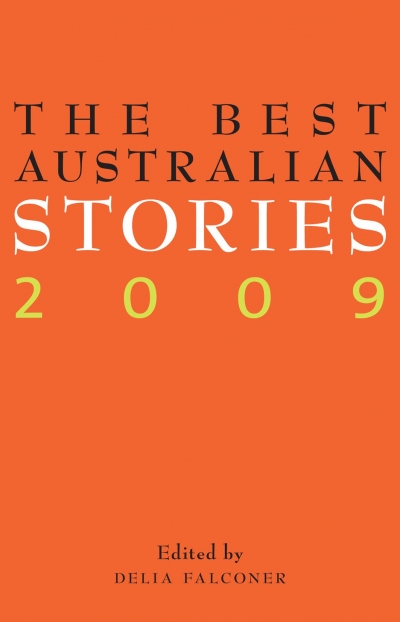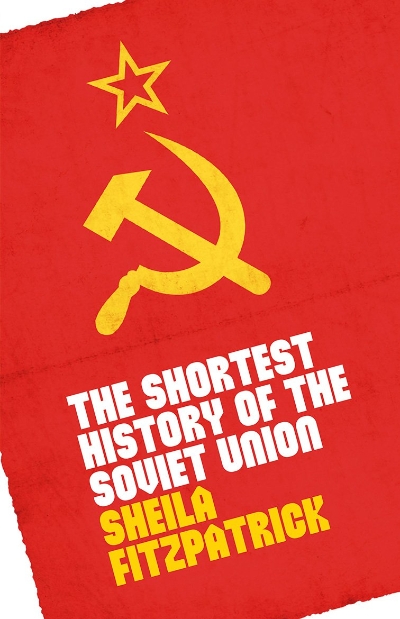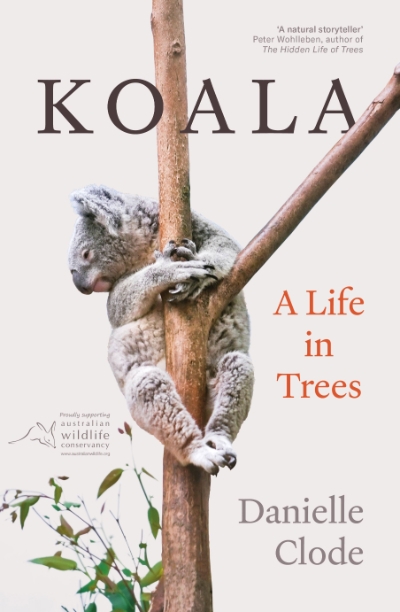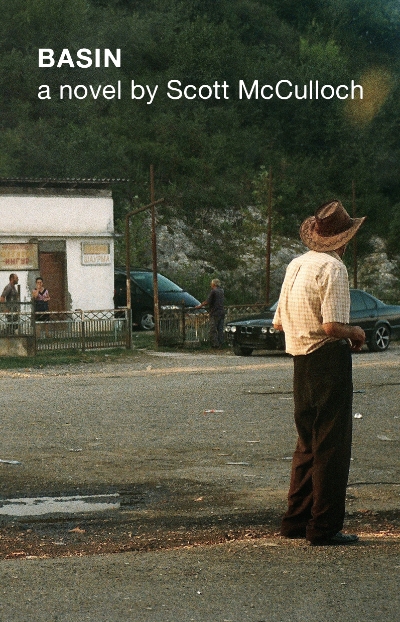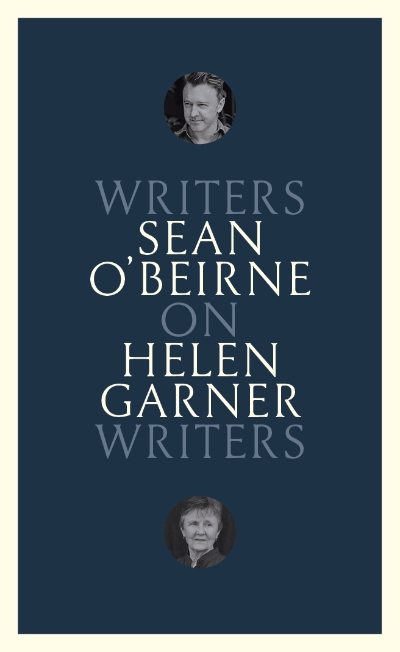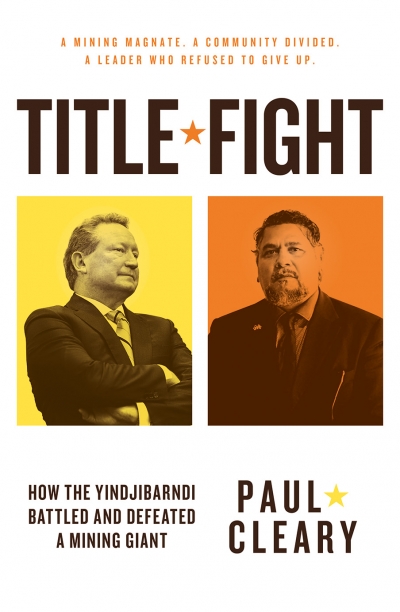Black Inc
The Successor: The high-stakes life of Lachlan Murdoch by Paddy Manning
by Patrick Mullins •
The Shortest History of the Soviet Union by Sheila Fitzpatrick & Collapse by Vladislav M. Zubok
by Luke Stegemann •
The Best Ever Australian Sports Writing: A 200 year collection edited by David Headon
by Craig Sherborne •
Scott Morrison has now been prime minister longer than any of his four predecessors: Kevin Rudd, Julia Gillard, Tony Abbott, or Malcolm Turnbull. He has won one election by the skin of his teeth and faces another by May next year. So what sort of man is he and how good a prime minister? These three publications give us slightly different takes on these questions.
... (read more)
